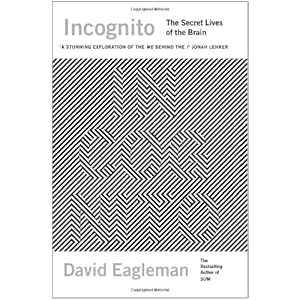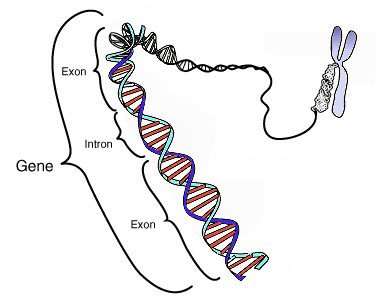According to the Bible, God created the universe so that He and His creatures could enter into an eternal, loving relationship. Christians, insofar as they accept that teaching, can readily understand their role in the cosmos and the broader context in which they find life’s meaning. In this context, God acted as both creator and designer: God brought time, space, and matter into existence and then “formed” man out of the dust of the earth.
Like all visionary designers, the God of the Bible knew exactly what He wanted and, like all competent builders, He saw to it that His finished product would conform to his original specifications. What is the point of being an all-wise Creator if you don’t know what you want to create? What is the point of being an omnipotent creator if you can’t get what you want? What is the point of being an all-good creator if you don’t care what you get? Whether or not God used an evolutionary process to produce man’s body is irrelevant to the point. What matters is that, regardless of how God might have arranged for the arrival of homo-sapiens—slowly and gradually, quickly, or in spurts– He intended that result and nothing else. From a Biblical perspective, evolution, if true, could only be a maturation process that unfolds according to the Creator’s plan and produces a result that conforms to His specifications.
Opposing the teleological paradigm, Darwinists posit a non-teleological model, a “purposeless, mindless process that did not have man in mind.” According to this world view, evolutionary change does not aim toward any final end because there is no final end to move toward. Evolution doesn’t know where it is going because the mutations are random and the environment, which determines the selection process, also doesn’t know where it is going. The process does not “unfold” or “mature” because there is no plan to direct the unfolding, nor is there a final end point into which the process can mature. So the purposeless, process moves aimlessly along, producing emergent mindless accidents for no reason at all.
Christian Darwinists, who make up the majority of Theistic Evolutionists, seek to reconcile the Biblical teleological with the Darwinian non-teleological model. In their view, a purposeful, mindful God could have used a purposeless, mindless process to create biodiversity. Of course, anyone who is capable of reasoning in the abstract will immediately understand that such a synthesis is logically impossible. Read More ›
 In
In 

